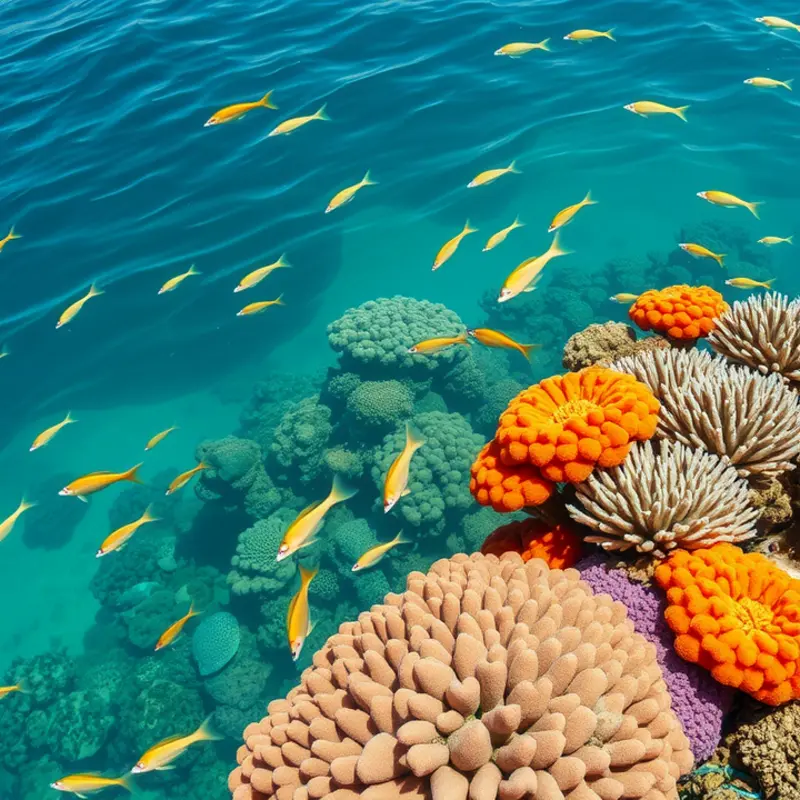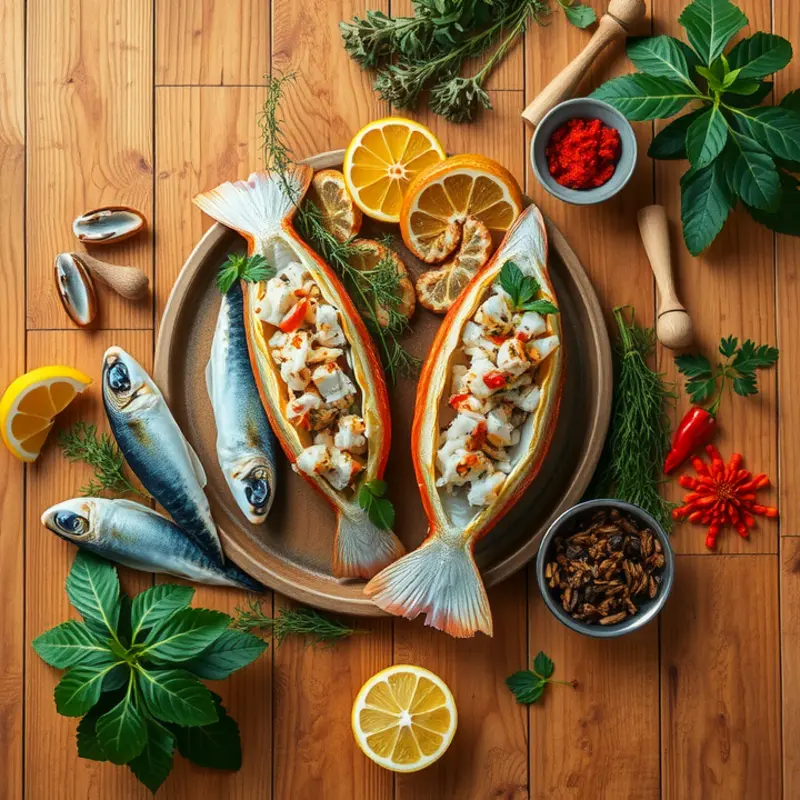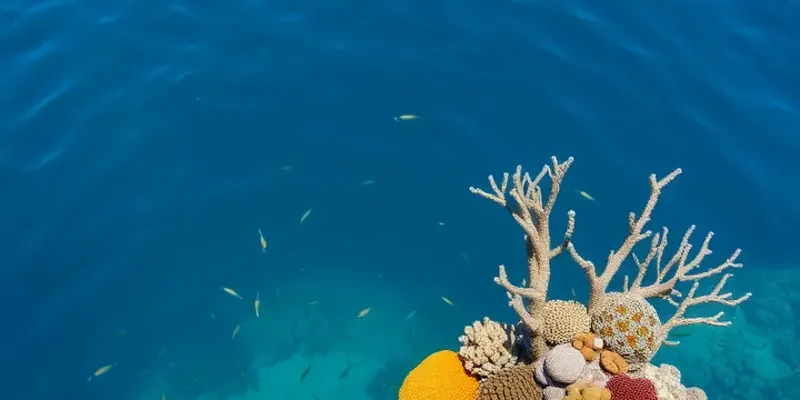As eco-conscious consumers, our food choices significantly impact marine ecosystems. Choosing responsibly sourced seafood is a vital step toward environmental sustainability. This guide will empower you with the knowledge and solutions to select seafood that not only nourishes your body but also protects our oceans and promotes sustainable fishing practices.
Understanding Seafood Sustainability

The journey towards sustainable seafood choices begins with understanding the complexity of sourcing. The world’s appetite for seafood has led to critical environmental challenges like overfishing, habitat destruction, and bycatch. These issues are not just statistics—they represent real threats to fragile marine ecosystems and the biodiversity they support.
Overfishing occurs when fish are caught at a faster rate than they can reproduce. This disrupts the balance of marine life and depletes fish stocks, leading to a collapse of certain species. This situation is exacerbated by habitat destruction, which often results from bottom trawling—a method that involves dragging nets across the ocean floor, causing harm to ocean habitats. Bycatch, the unintentional capture of non-target species, contributes to this damage, impacting species such as dolphins, turtles, and seabirds.
To counter these problems, sustainable seafood certifications provide a pathway to informed decisions. The Marine Stewardship Council (MSC) and the Aquaculture Stewardship Council (ASC) are two of the most recognized certifications. The MSC focuses on wild-caught seafood, assessing fisheries based on sustainable fish stocks, minimizing environmental impact, and effective management. The ASC, on the other hand, emphasizes responsible aquaculture, ensuring farmed seafood does not harm the environment or rely on wild populations for feed.
Navigating these certifications can be overwhelming, but they serve as valuable tools for consumers. Look for the MSC and ASC labels when shopping or ordering seafood. These labels verify that the seafood was sourced in a way that meets high standards for sustainability and environmental care.
Arming yourself with knowledge allows for better choices at both grocery stores and restaurants. Pay attention to seasonal recommendations and opt for local varieties when possible. Some resources provide guides or apps listing sustainable choices, simplifying the selection process.
Understanding these sustainability aspects contributes to a healthier planet while ensuring future generations can enjoy the riches of the sea. For more insights into making sustainable food choices at home, consider exploring eco-smart kitchen storage techniques here. Every mindful decision is a step towards protecting our oceans and supporting responsible fisheries worldwide.
Choosing Wisely: Practical Tips for Sustainable Seafood Selection

Equipping oneself with the tools to choose sustainably sourced seafood is essential for both environmental stewardship and personal health. Utilizing technology, such as mobile apps designed to evaluate the sustainability of fish species, allows us to make informed decisions. These resources offer insights into the ecological impact of various seafood options, enabling us to favor those that are sustainably harvested.
In addition to using digital resources, opting for local and seasonal seafood significantly reduces the carbon footprint associated with transportation. Not only does this support local economies, but it also ensures that the seafood you consume is fresh and of high quality. When visiting your local fish market, engage with the vendors to learn about what’s in season and where it was caught. Building relationships with local fishers and sellers can enrich your understanding of sustainable practices and enhance your seafood procurement experience.
Understanding labels and certifications is another critical aspect, especially in grocery store settings. Look for recognizable certifications that denote sustainable practices, ensuring that the seafood is sourced responsibly. These labels often signify adherence to environmental standards and can guide your choices towards more sustainable options.
When dining out, make it a habit to inquire about the origin of the seafood on the menu. Engaging with restaurant staff not only educates you but also encourages establishments to prioritize transparency and responsible sourcing. Ask specific questions about the source and sustainability certifications of their seafood offerings.
Cooking sustainable seafood also aligns with eco-friendly kitchen practices. For tips on efficiently elevating your culinary creations while honoring sustainable practices, consider exploring resources that focus on speedy seafood preparation and using minimal waste techniques. One such resource on minimizing waste during food prep can be quite beneficial in making the most of your ingredients without compromising integrity.
By integrating these strategies into your daily life, you contribute to preserving marine life and promoting environmental responsibility. Every conscientious choice moves us closer to sustainable seas, ensuring future generations can enjoy the bounty of our oceans.
Final words
Choosing responsibly sourced seafood is not just about personal health; it’s about ensuring the health of our oceans for generations to come. By understanding seafood sustainability, you play a crucial role in supporting eco-friendly practices. Empower yourself with knowledge, utilize handy resources, and choose local options when available. Your informed choices can drive change in the fishing industry and help safeguard marine ecosystems. Together, small choices lead to a substantial impact—every meal is an opportunity to champion sustainability and preserve ocean life.








